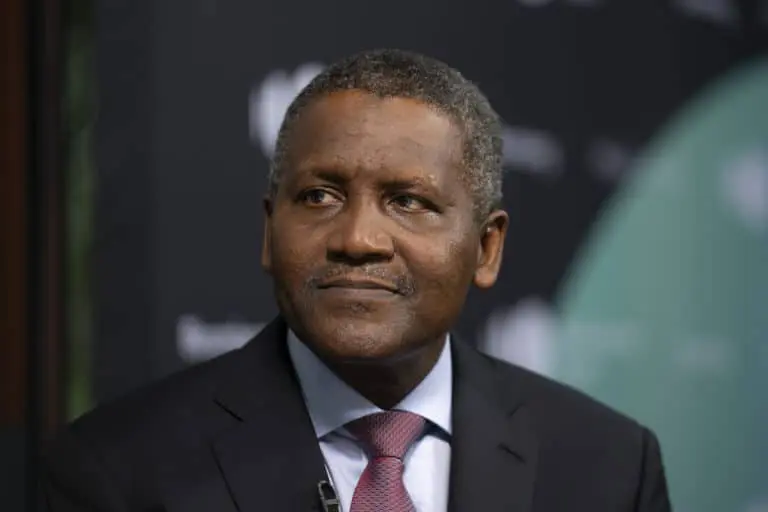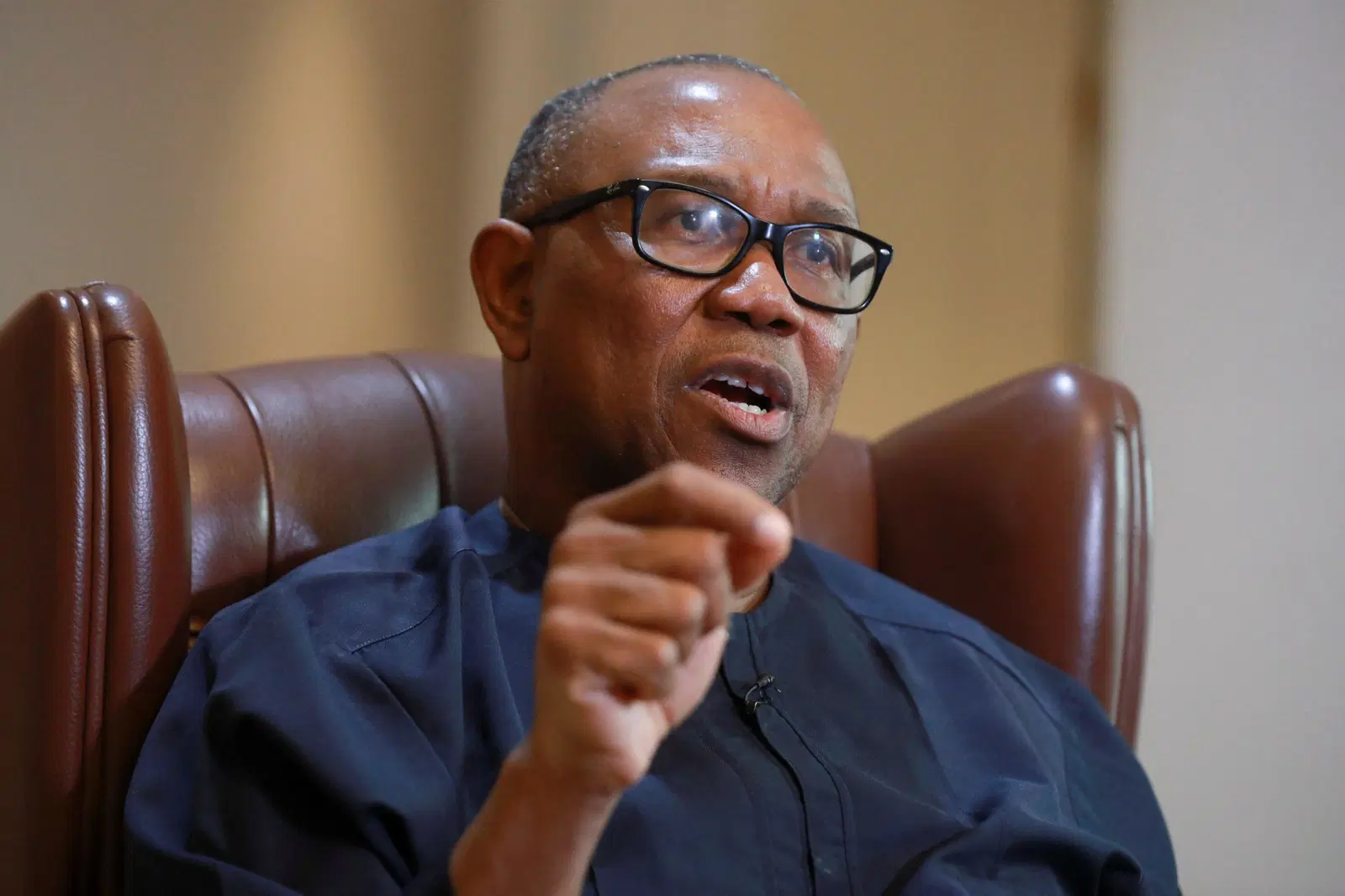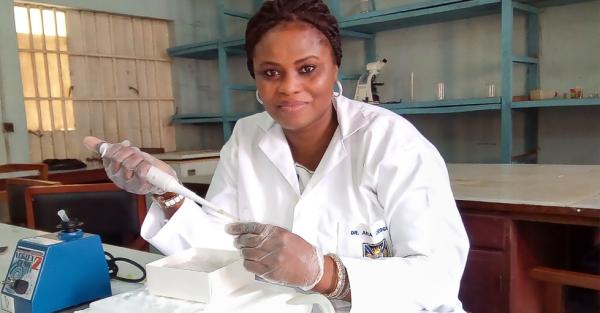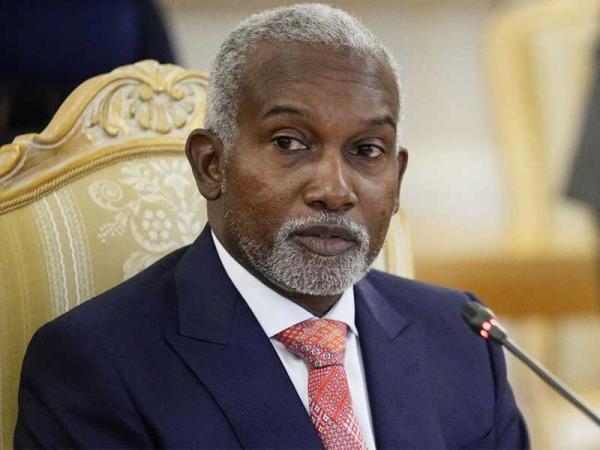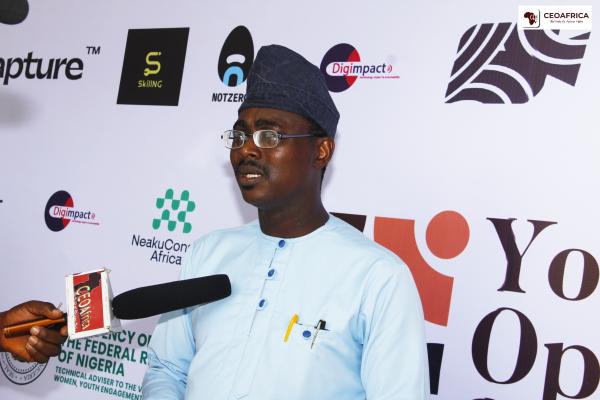
Former Chief Justice of Nigeria, CJN, Justice Idris Legbo Kutigi
The name of the former Chief Justice of Nigeria, CJN, Justice Idris Legbo Kutigi, was in the news last week when he was called upon by his country to play another leading role in the quest for an enduring constitution to guide its democracy. Kutigi was picked as the chairman of the National Conference which will start tomorrow.
A terse statement signed by the Secretary to the Government of the Federation, Senator Anyim Pius Anyim, said the President had also approved former Minister of External Affairs, Prof. Bolaji Akinyemi, as vice-chairman, while Dr. (Mrs.) Valerie Azinge would serve as secretary of the conference.
The statement added that “appointees were to resume in Abuja on Wednesday, March 5 and would be received on arrival by the Secretary to the Government of the Federation”.
President Jonathan had penultimate week announced in a media chat that the conference would begin on March 5, with the chairman, deputy chairman and secretary, who would work for one week after which the dialogue proper would begin on March 10.
“Our thinking is that the National Conference will begin on March 3. You will know the chairman, the deputy chairman and the secretary, but they will start work for at least a week before we invite others to join.
“On March 10, I will formally inaugurate the conference. The plan so far is that the conference will start on March 3,” he had said.
Special Assistant on Media to the Secretary to the Government of the Federation, Mr. Sam Nwaobasi, has also said the conference would hold as scheduled.
The SGF last Thursday in Abuja received Kutigi and other principal officers, Akinyemi and Azinge.
The officers, who arrived at about noon, were received by Anyim in his office after which they had a closed doors meeting.
An hour later, they were driven out of the office complex in company of Anyim.
President Jonathan had in his October 1, 2013 Independence broadcast announced that his government would organise the national conference just as he had decided to set up an advisory committee chaired by Chief Femi Okurounmu, to establish the modalities for a national dialogue aimed at resolving issues that currently cause friction in the polity.
The committee designed a framework and came up with recommendations as to the form, structure and mechanism of the process and after completion of their report, briefed the President on the appropriate nomenclature, structure and modalities of the dialogue.
Members of the committee include Dr. Akilu Indabawa, Secretary; a former Nigerian Ambassador to the United States, Prof. George Obiozor; Senator Khairat Gwadabe; Senator Timothy Adudu, Col. Tony Nyiam (rtd); Prof. Funke Adebayo; Dr. Mairo Amshi; Dr. Abubakar Sadiq; Alhaji Dauda Birma; Mallam Bukhari Bello and Mr. Tony Uranta.
Professor Nwabueze, however, declined to serve on the committee, citing health reasons.President Jonathan has also allayed the fears of those who think the conference will call the integrity of Nigeria into question.
“This national discourse will strengthen our union and address issues that are often on the front burner, and are too frequently ignored.
“There is a view by some of our people that we do not need to sit together to dialogue over the socio-political challenges facing our country. Some believe that because we have held several conferences in the past, we do not need to hold another one. I was one of those who exhibited scepticism on the need for another conference or dialogue. My scepticism was borne out of the nomenclature of such a conference, taking into cognisance existing democratic structures that were products of the will of the people.
“However, we are in a democracy, and in a democracy elected leaders govern at the behest of the citizenry. As challenges emerge, season after season, leaders must respond with best available strategies to ensure that the ship of state remains undeterred in its voyage,” Jonathan emphasised.
He stressed that this is a “national project, a sincere and fundamental undertaking, aimed at realistically examining and genuinely resolving, long-standing impediments to our cohesion and harmonious development as a truly united nation”.
Referring to previous dialogues held, the President stated that the nation could no longer afford to continue using previous solutions to solve current issues.
He noted that the most recent of which was that of 2005 National Political Reform Conference produced a number of key recommendations that were sent to the 5th Assembly, which were, however, not perfected.
Kutigi’s appointment as the chairman has been applauded by many Nigerians who believe that the country desires such an experienced legal luminary to head the confab.
Justice Kutigi was born on December 31, 1939 in Kutigi, North- Western State (now located in the Lavun Local Government Area of Niger State). He attended elementary school in his home town, but moved to Bida for his middle and secondary education. After finishing his basic schooling, Kutigi moved on to Government College (now known as Barewa College Zaria).He later proceeded to Ahmadu Bello University Zaria, Kaduna State. Following his graduation, Kutigi left the country for England, where he attended the School of Oriental and African Studies, University of London and the Gibson and Weldon College of Law.
On his return, he studied at the Nigerian Law School in Lagos, where he bagged his LLB degree. His time at these prestigious learning institutions allowed Kutigi to become a lawyer, and later a judge within Nigeria. He served as the Attorney General and Commissioner for Justice in Niger State until 1976, when he was appointed as a high court judge.
He served with honour in that position for more than a decade, and later joined the Supreme Court in 1992. After 10 years in the Supreme Court, based on the recommendation of the National Judicial Council, President Olusegun Obasanjo appointed him to the position of Chief Justice to succeed the outgoing Chief Justice Salihu Alfa Belgore, who retired on January 17, 2007. On January 30, 2007, Justice Kutigi was confirmed by the Senate and took over as the Chairman of the Federal Judicial Service Commission.
(National Mirror)












